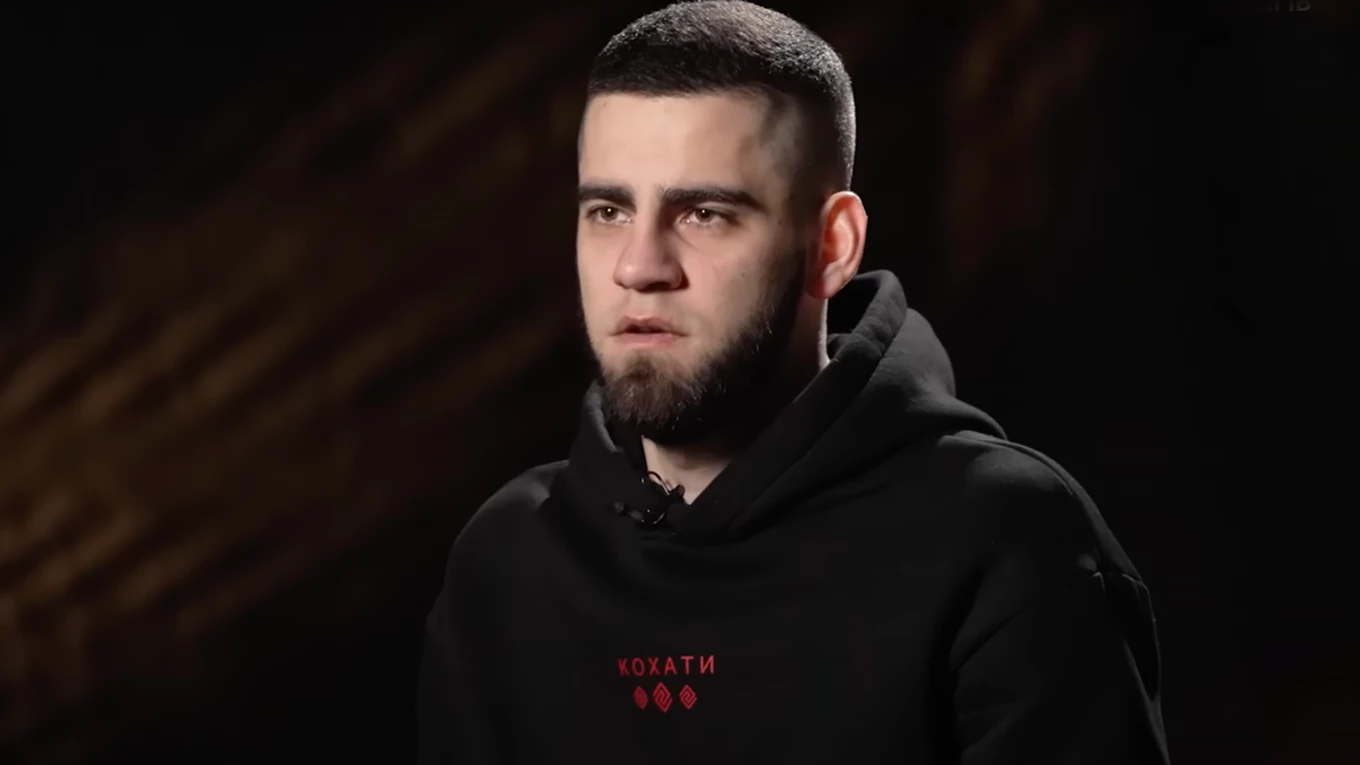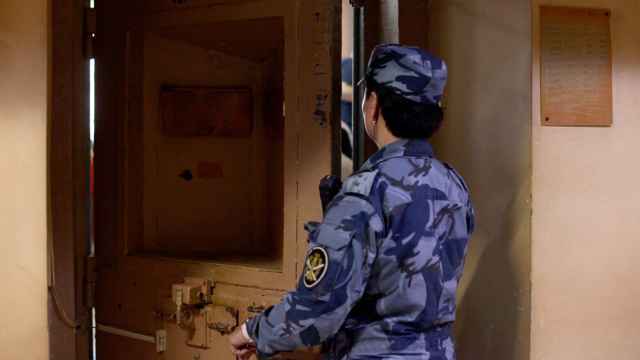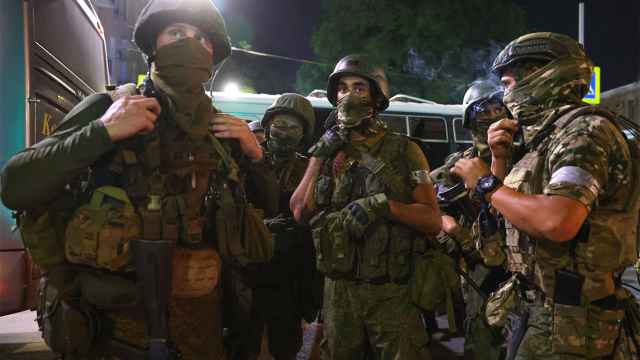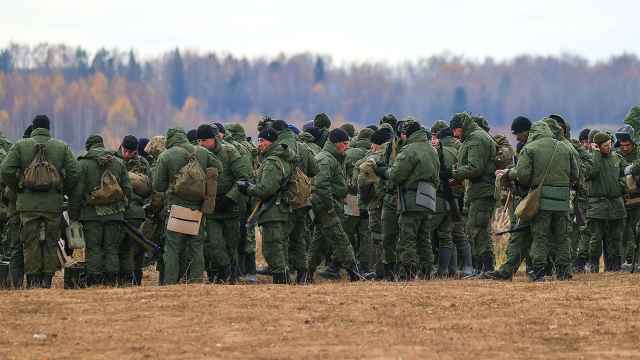Russian prison authorities approved the use of brutality and torture against Ukrainian prisoners of war weeks after the Kremlin launched its invasion of Ukraine, The Wall Street Journal reported Monday.
Moscow planned and carried out “what United Nations investigators have described as widespread and systematic torture,” the WSJ reported, citing three former prison officials who have entered witness protection after giving testimony to International Criminal Court (ICC) investigators.
In March 2022, Igor Potapenko, the former head of the Federal Penitentiary Service (FSIN) in St. Petersburg and the Leningrad region, “delivered a direct message to an elite unit of guards” in charge of handling prisoners of war.
“Be cruel, don’t pity them,” Potapenko reportedly told the guards.
According to the WSJ, Potapenko said that normal rules wouldn’t apply to Ukrainian POWs and that guards would not be required to wear the body cameras that are mandatory in Russia’s prison system.
Similar orders were handed down in regions across the country, WSJ reported.
Russia started preparing its penitentiary system for the arrival of prisoners from the war that month, the WSJ said, citing documents and one of the anonymous former prison officials.
Former guards also described a “staggering” level of violence against Ukrainian POWs. One former penitentiary system employee who worked with a team of medics in southwestern Russia’s Voronezh region told the WSJ that prison guards beat Ukrainians until their police batons broke.
Prison guards reportedly used electric shockers on POWs “so often, especially in showers, that officers complained about them running out of battery,” former guards told WSJ.
Vladimir Osechkin, head of the Gulagu.net prisoners’ rights organization, told WSJ that the brutal treatment of Ukrainian prisoners of war was designed to make them more willing to submit to Russian interrogators and drain “any will or ability to fight again if they are ever swapped.”
Neither Russia’s commissioner for human rights nor the presidential human rights commission responded to WSJ’s requests for comment.
Kremlin spokesman Dmitry Peskov previously said that generalizations about Russia’s prison system were unfounded.
The ICC has accused Moscow of targeting civilians in Ukraine and unlawfully transporting Ukrainian children to Russia during its full-scale invasion, with other investigations ongoing.
The Hague-based court has issued at least six arrest warrants for Russian officials, including for President Vladimir Putin.
A Message from The Moscow Times:
Dear readers,
We are facing unprecedented challenges. Russia's Prosecutor General's Office has designated The Moscow Times as an "undesirable" organization, criminalizing our work and putting our staff at risk of prosecution. This follows our earlier unjust labeling as a "foreign agent."
These actions are direct attempts to silence independent journalism in Russia. The authorities claim our work "discredits the decisions of the Russian leadership." We see things differently: we strive to provide accurate, unbiased reporting on Russia.
We, the journalists of The Moscow Times, refuse to be silenced. But to continue our work, we need your help.
Your support, no matter how small, makes a world of difference. If you can, please support us monthly starting from just $2. It's quick to set up, and every contribution makes a significant impact.
By supporting The Moscow Times, you're defending open, independent journalism in the face of repression. Thank you for standing with us.
Remind me later.






